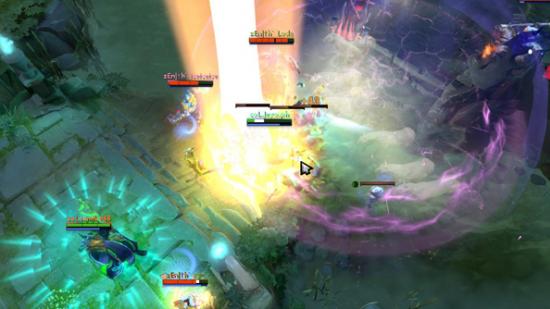Speaking at a panel at the Valencia eSports Congress, a group of the most prominent figures in eSports, both on the tournament and team side, discussed the increasingly large prize pools that tournament owners like Valve and Riot are putting out, and whether having one tournament, with one massive prize pool, is helping the eSports scene.
During a panel discussion on the merits of a global eSports governing body, the panelists (Russell Pfister of the NASL, Won Suk Oh of the IESF, Alex Garfield of Team EG, Tomas Hermansson of Dreamhack and David Ting of the IPL) were asked by host Paul Chaloner whether such prizes were healthy for the industry.
David Ting of the IPL said “I’d rather have it spread over the long haul. Those million dollar payouts are not sustainable. I do think that the prize money introduced by Valve and Riot are high. I think they can afford it, but I think it’s the peak of their current business. Spending it in one shot is not something I agree with.”
The rest of the panel agreed, although with some provisos.
Speaking in regards to developers laying down huge amounts of money, Alex Garfield of Evil Geniuses said “eSports is a marketing spend; there’s no real understanding of how they’re going to make the money back. What we cannot do right now is go to a developer and say if you invest this amount of money, you’ll get this back.”
David Ting seemed to agree. “I’d rather have a slow growth where we ramp up over time, rather than right now, which is feast or famine. A lot of teams are expecting the million dollar payoff, and that’s not sustainable. I think it’s unhealthy, and I’d rather they took a look at the long term view and invested in the community. Instead of focusing on the superstars of the world, they should be subsidising those who can’t get to the tournaments.”
Which makes a certain sense. As Russell Pfister of NASL puts it, “we’re still in a major growth phase, and I think that’s what we need to bear in mind going forward. We need to let it grow, and allow it to fill its own space.”
